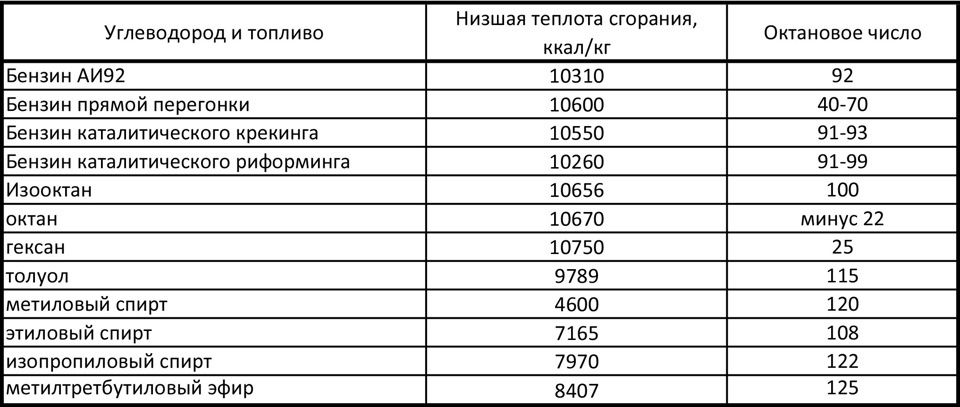
What is the octane number of gasoline
Octane is the ability of gasoline to withstand compression. High performance vehicles need higher octane gasoline to improve efficiency and performance.
Most of the drivers pulled up to a gas station and loaded up with gasoline of a certain octane rating. Typically, gas stations offer three types of gasoline with different octane ratings.
However, not all of us know what an octane number is, and we only know that one has 87, the other has 89, and the premium has 91 octane.
What is the octane number in gasoline?
The short answer is that octane is a measure of how much compression a fuel can withstand before it ignites. In layman's terms, the higher the octane rating, the less likely the fuel is to ignite at higher pressure and damage your engine.
This is why high performance vehicles with higher compression engines require higher octane (premium) fuel. Essentially, higher octane fuels are compatible with higher compression engines, which can improve efficiency and performance, potentially lowering emissions by burning fuel more completely.
In most parts of the US, regular unleaded gasoline has an octane rating of 87, medium grade is 89, and premium is 91-93. These numbers are determined by engine testing, which results in two measurements: research octane number (RON) and the engine. Octane number (MCH). ).
Many vehicle owners may not know how a gasoline internal combustion engine works or why octane is important. Some might even think that selling regular gasoline to premium gasoline, due to its lower and higher prices, is a method of selling "normal gasoline" to "fancy gasoline". In fact, different brands refer to the types of vehicle engines that require different levels of octane in gasoline.
How does Octane work in an engine?
Depending on the design of a vehicle's engine, octane plays a key role in engine performance and measures the ability to withstand spontaneous combustion, commonly known as detonation.
A gasoline internal combustion engine compresses the mixture of air and fuel in its cylinders, thereby increasing the temperature and pressure of the mixture. The air/fuel mixture is ignited by a spark during compression, and the resulting combustion releases heat energy that eventually drives the vehicle. Knocking can occur at a sufficiently high temperature (as a result of compression) in the engine cylinders. In the long term, knocking reduces the vehicle's fuel economy, robs the engine of power, and causes engine damage.
:
